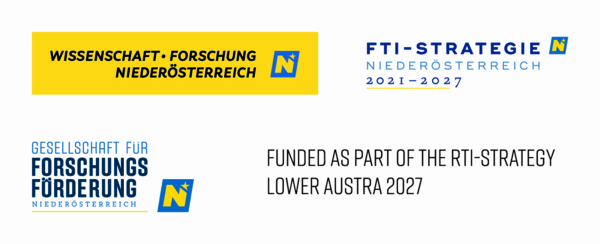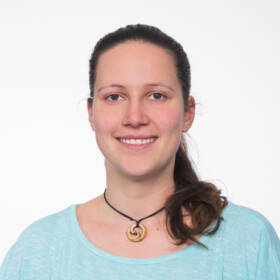Digitised methods that support academic staff in organising person-centred, interprofessional health care education.
Background
People live longer and chronic diseases become more prevalent. Both factors put a strain on health care systems worldwide, as they demand more personnel with an expertise in public health, rehabilitation, participative case management and new ways of treatment. By strengthening interprofessional services (i.e., providers from different professional backgrounds work together with patients, families, carers and communities), person-centred communication (i.e., fully involved service users in making decision about their needs and their treatment), and collaborative clinical reasoning (i.e., raising awareness for and promoting critical reflection on thought processes, behaviours, procedures) based on the International Classification of Functioning, Disability and Health, first steps to cope with this situation have already been taken.
Project Content
“Learning with each other” in higher education and continuous professional development needs interprofessional collaboration of educational coordinators. This can be accomplished with the help of digital technologies but – irrespective of whether one employs digital or analogue methods – it is of vital importance that methods used for organising learning interactions are individually tailored to the needs and framework conditions of everyone involved. More and more educating institutions implement person-centred, interprofessional learning and teach collaborative clinical reasoning. Academic staff (educational coordinators, administration, faculty, institutional and program leaders) use digital methods to collaborate across health and social care study programmes. It is an organisational challenge to regularly update curricula with the available resources according to internationally informed evidence-based practices, while meeting regional and legal requirements. This is where the present research project comes in. It is aimed at examining the workflow of academic staff (educators, administrators, faculty/ institutional/ program leaders) and the barriers and facilitators of using digital methods to coordinate the development and organisation of a person-centred, interprofessional course in higher health care education.
Research Questions
- How are service users currently involved in collaborative learning processes of interprofessional health teams or networks?
- Which digital methods can facilitate service users to participate in an interprofessional learning process of service providers in health sciences?
- Which digital methods do academic staff (educators, administrators and leaders of health and social care programmes) use, when developing a person-centred, interprofessional course?
- What are the facilitators and barriers in using digital methods to organise a person-centred, interprofessional course in higher health care education?
- How do academic staff use digital methods to organise a person-centred, interprofessional course?
- How do health care students perceive the use of digital methods in the organization of courses on person-centred, interprofessional collaboration?
Methods
A systematic literature review shall provide an overview on digital methods that facilitate service users to participate in an interprofessional learning process of service providers, who reflect on users’ health with everyone involved in a consensual approach. Building on the knowledge accumulated a mixed-methods study is carried out. First, academic staff of the Lower Austrian region, who organise a newly developed interprofessional course, are interviewed and observed in their environmental context. Second, participants in the course (students from dietetic, medical, physiotherapeutic, nursing and social work bachelor degree programmes) are invited to describe their perceptions through a questionnaire after the course. The collected data is scrutinised using content analysis and provides the basis for answering the research questions with inferential statistics.
Results
The main outcome of the project is a workflow visualisation describing the usage of digital methods in the organisation of health care education. A process map gives an overview, which actions academic staff (i.e., educational coordinators in close communication with administration, faculty, institutional and program leaders) need to take. Secondary outcome are the student’s perceptions of the digital methods used to organize the course. This data helps to advance theory and practise, identify facilitators and barriers, to explore the potential of digital methods in greater depth and to pave the way for applying them more broadly.
Funding
The content does not necessarily represent the view of the state of Lower Austria or the funding agency. Neither the state of Lower Austria nor the funding agency can therefore be held responsible for the content.
You want to know more? Feel free to ask!
Senior Researcher Institute of Health Sciences
Department of Health Sciences
Department of Media and Digital Technologies
- Evanthia Sakellari /University of West Attica (Greece)


